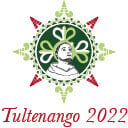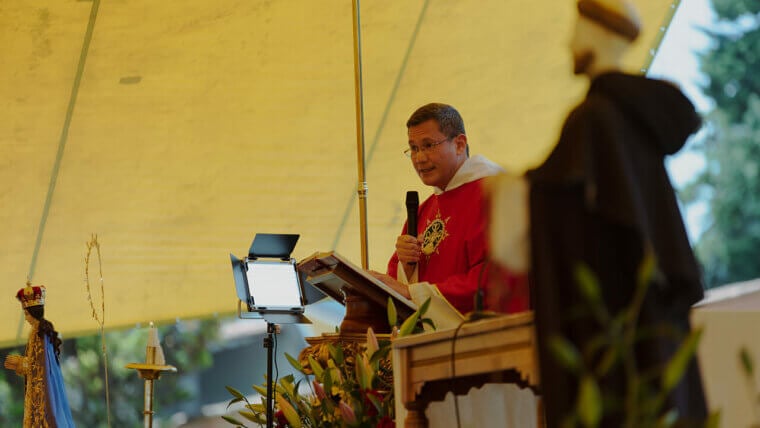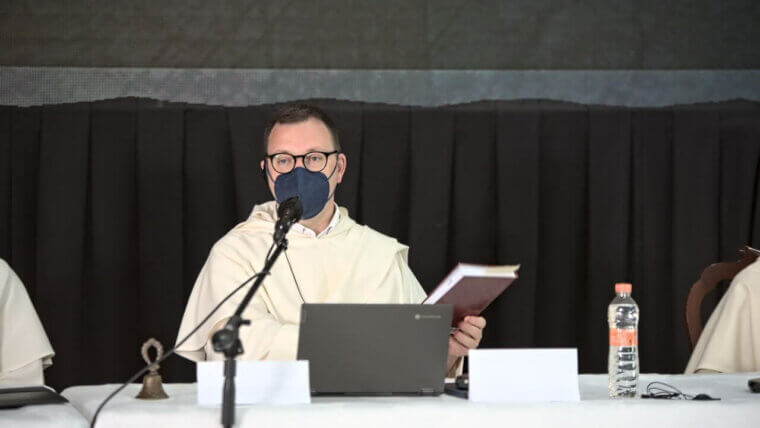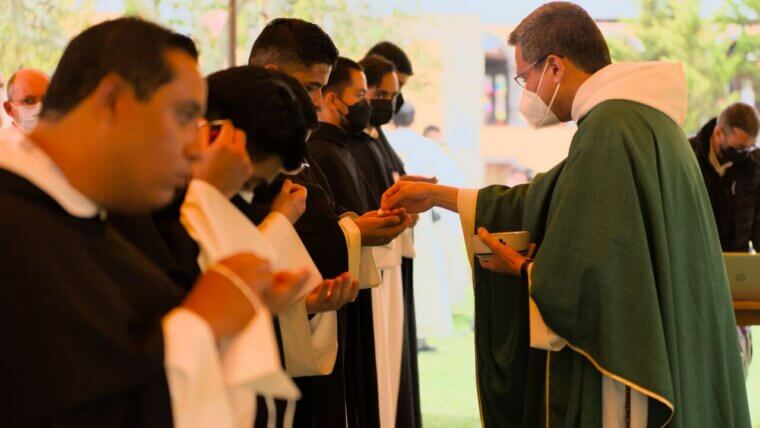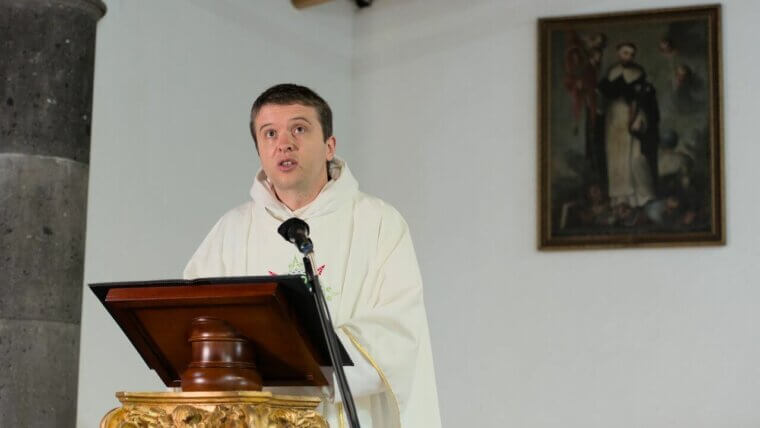Homily of July 31, 2022
XVIII Sunday in Ordinary Time
Queretaro
Dear Brothers and Sisters:
Today the Word of God reminds us that as people we grow spiritually only to the extent that we are able to go out of ourselves and give ourselves to others. Our life depends on God, and we must treasure it for God. The best way to save life is to give it to God, which is the same as giving it to others. In contrast, keeping it for oneself, treasuring it for one’s own comfort, is the best way to lose it.
The first reading of the sage Qoheleth reveals a thought that is well rooted in our comfortable societies. It contains a truth; it is superlative vanity to pretend to hoard limitlessly. It makes no sense to do so, since our life is limited. It will be of no use to us, except for great anxiousness, anguish, and sacrifice; it would be better therefore not to be so anxious, and to dedicate more time to enjoyment. But this thought requires the correction of the Gospel of Jesus, who points out that the problem is not so much whether we hoard much or little, but in falling into the temptation of hoarding riches for oneself, instead of thinking of being rich for God.
We are the image and likeness of a God who is absolute overflowing, who in essence is a gift of himself and a gift for humanity: the Father overflows himself in the very work of Creation; the Son who gives himself without measure in his life, passion and Cross; the Holy Spirit who overflows himself at Pentecost and continues to overflow in the life of the Church. In our DNA is present this divine seed of overflowing, of generous self-giving and gratuitousness. We must connect with this vocation inscribed in us that moves us to make of our existence a generous and gratuitous offering to others. To accumulate life for God is nothing other than to give life to others. And even more so, if the life we give is Christ himself.
The Word of God presents us with the image of the rich man who, having reaped a disproportionate and unexpected harvest, reacts by destroying his barns and building a bigger one to accumulate. He could have thought of sharing the gift received from Providence with the poorest, he could have thought of infinite possibilities. But his self-referentiality, his egocentrism, made it impossible for him to act in a more solidary, fraternal, and humane way. Most probably Jesus told this parable inspired by the reality he witnessed day by day in Galilee, where a few accumulated exaggeratedly, indolent before the suffering of those who did not have what was necessary to live. Jesus’ judgment is forceful: “You fool, tonight they will claim your soul, and whose will it be what you have prepared?”
I think of our world today, where a few are indolent in the face of the reality of so many people who lack the basic necessities of life. By hoarding excessively, they deprive others of life. They will die without having lived, that is, without having enjoyed the fullness of Life.
And I also think of our General Chapter, of the life of the Order and the Christian mission that we have inherited from our Father Saint Dominic. Are we not also susceptible to fall into indolence and foolishness, seeing ourselves deprived of the full Life, tempted to hoard for ourselves, instead of making of our life and vocation a generous gift for others?
The vocation of our Father Saint Dominic was not indolent. Quite the contrary. It was forged in the suffering of the famine of Palencia, which did not leave him unmoved. It was strengthened even more when he experienced the spiritual poverty in which so many people lived, the confusion and cluelessness of a self-referential Church, which looked at itself unconcerned about the abandonment in which so many people were living.
We have begun our Chapter by discovering a troubled and fragmented world that we want to bring hope to with our preaching of the Word. What conclusions will we draw from our Chapter? Will we fall into the temptation of accumulating the grace that God has poured into our hearts, hoarding it in our “granary convents”, seeking material, intellectual or even spiritual comfort, or on the contrary, remembering that “wheat that is piled up will rot”, will we go out on mission to fulfill the desire for God of so many people, families and communities and fill their lives with the good news of Christ who is hope?
Allow me to end this simple reflection with another character from the Gospel of Saint John that usually goes unnoticed, but that I have a special affection for. It is about the boy who had five loaves of bread and two fish. I imagine him fascinated, listening to the words of Jesus, with his little brother by the hand. In his bag, his five little loaves of bread and two fish, which were the little he had for him and his younger brother. However, enthusiastic about Jesus and fully trusting that He would perform the miracle, he offered what he had. I imagine his joy and satisfaction when he saw Jesus’ miracle and saw that his blessed offering was enough for everyone and exceeded his expectations. It is the contrast of the rich man who accumulated for himself. This young man knew how to treasure and offer it to God.
May each one of us long to live the experience of this young man, and placing at the feet of Jesus the little or much that we have received from his grace, may we trust that He will work the miracle. May Saint Dominic our Father and the Virgin of the Rosary enlighten all of you, brother capitulars, so that the Order does not leave Tultenango accumulating for itself, but giving generously to our troubled and fragmented world, that is to say, accumulating for God.
Mons. David Martínez de Aguirre Guinea

